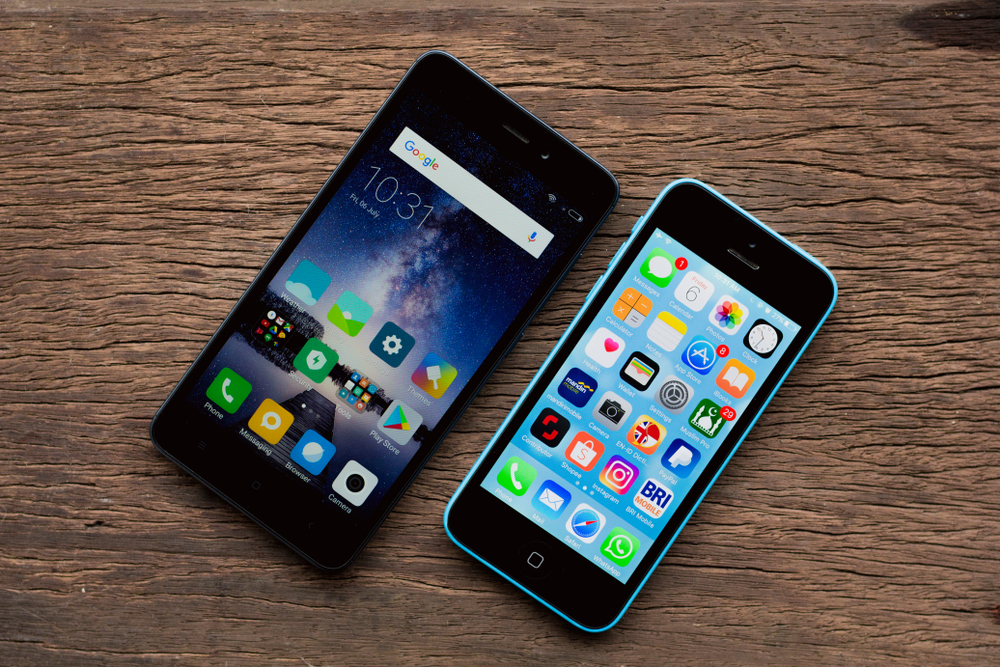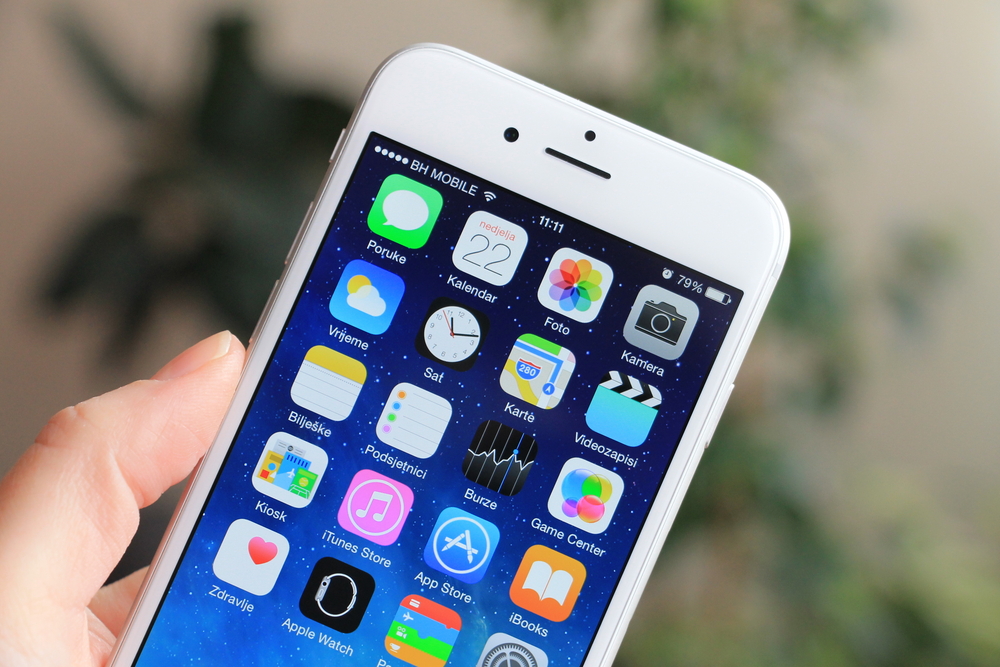
The Ultimate Guide to App Marketing: Expert Tips and Tricks for Successful Promotion

Mobile apps have become an integral part of our daily lives. Whether it is for entertainment, productivity, or convenience, there is a mobile Google Play or App Store app for almost every need. However, with millions of apps vying for attention in the app stores, it can be challenging for developers and marketers to make their app stand out from the crowd. That's where app marketing comes in.
App marketing is the strategy and techniques used to promote and increase the visibility of a mobile app. Effective app marketing can help you reach your target audience, boost downloads, and ultimately drive user engagement and revenue. In this ultimate guide, we will explore expert tips and tricks that can help you successfully promote your mobile Android or iOS app .
1. Understand Your Target Audience
Before diving into any marketing strategy, it is crucial to understand your target audience. Who are the people that would benefit the most from your app? What are their demographics, interests, and pain points? Conduct market research and create user personas to gain a deep understanding of your potential users. This information will guide your marketing efforts and ensure that you are targeting the right people with the right message.
2. Optimize App Store Listings
Your app store listing plays a significant role in determining its visibility and conversion rate. Both Apple App Store and Google Play Store have algorithms that consider various factors to determine the ranking of apps. To optimize your app store listing, follow these tips:
a) Keyword Research: Use tools like Google Keyword Planner and App Store Optimization (ASO) tools to find relevant keywords for your app. Include these keywords naturally in your app title, description, and metadata to increase visibility in search results.
b) Compelling Choose a catchy and descriptive title that communicates the unique selling proposition of your app.
c) Engaging Description: Write a concise and compelling description that highlights the key features and benefits of your app. Use bullet points, headers, and formatting to make it scannable.
d) Screenshots and Videos: Visuals are powerful marketing tools. Include high-quality screenshots and videos that showcase your app's interface, features, and user experience.
e) Ratings and Reviews: Encourage users to leave positive reviews and ratings. Respond to feedback and address any negative reviews promptly.
3. Leverage Social Media
Social media platforms are invaluable for app marketing. They offer immense reach, engagement, and targeting capabilities. Here are a few strategies to leverage social media effectively:
a) Create Engaging Content: Share valuable content related to your app's niche. It could be blog articles, infographics, videos, or user-generated content. Engage with your audience, answer their questions, and encourage them to share your content.
b) Influencer Marketing: Collaborate with influencers in your app's niche. They can help generate buzz, increase visibility, and reach a broader audience.
c) Run Paid Ads: Utilize social media advertising platforms to promote your app. Target specific audience segments based on demographics, interests, and behaviors.
d) User-generated Content Campaigns: Encourage your users to create and share content related to your app. User-generated content can increase trust and authenticity, attracting new users.
4. Implement App Store Optimization (ASO)
App Store Optimization (ASO) is the process of improving the visibility and conversion rate of your app in the app stores. Similar to search engine optimization (SEO), ASO aims to optimize various factors that influence your app's ranking. Here are a few ASO techniques:
a) Keyword Optimization: Research and use relevant keywords throughout your app store listing. Monitor and update your keywords regularly based on user search trends.
b) Localization: Localize your app store listing, including the app title, description, and screenshots, to cater to different markets. This can significantly boost your app's visibility in specific regions.
c) A/B Testing: Experiment with different elements of your app store listing, such as screenshots, app icon, and description, to determine the combination that yields the highest conversion rate.
d) Regular Updates: Keep mobile App Store or Google Play app your app up to date with bug fixes, new features, and performance improvements. App stores prioritize apps that are actively maintained and updated.
5. Leverage App Review Websites and Influencers
Reach out to relevant app review websites and influencers in your app's niche. Request them to review your app or feature it in their content. Positive reviews and mentions from trusted sources can significantly boost your app's credibility and increase downloads. Ensure that you follow their guidelines and provide them with all the necessary information, such as a compelling app description, screenshots, and a demo video.
6. User Referrals and Incentives
Word-of-mouth marketing is powerful. Encourage your existing users to refer your app to their friends and family. Implement referral programs that reward users for successful referrals. Incentives can include access to premium features, in-app currency, or discounts on purchases. This strategy not only increases user acquisition but also helps in creating a loyal user base.
Frequently Asked Questions (FAQs):
1. Q: How long does it take for app marketing efforts to show results?
A: App marketing is an ongoing process, and it can take time to see significant results. It depends on various factors like your app's niche, competition, marketing budget, and the effectiveness of your strategies.
2. Q: Should I focus more on organic or paid app marketing techniques?
A: It's ideal to have a balanced approach that includes both organic and paid app marketing techniques. Organic strategies like ASO and social media content can generate sustainable, long-term results, while paid campaigns can help accelerate growth and reach a broader audience.
3. Q: What metrics should I track to measure the success of my app marketing campaigns?
A: Key performance indicators (KPIs) to track include app downloads, user retention rate, average revenue per user (ARPU), in-app purchases, app store conversion rate, and user engagement metrics like session duration and mobile iOS or Android app screen views.
4. Q: How can I encourage users to leave positive reviews for my app?
A: Provide a seamless and enjoyable user experience, promptly address customer support inquiries, and engage with your users through social media and email marketing. You can also use in-app prompts to ask satisfied users to leave a review.
5. Q: Is it necessary to update my app regularly?
A: Yes, regular updates are crucial for maintaining user satisfaction and app store visibility. Updates should include bug fixes, performance improvements, and the addition of new features based on user feedback and market trends.
In conclusion, successful app marketing requires a strategic approach, careful planning, and continuous efforts. Understanding your target audience, optimizing your app store listing, leveraging social media, implementing ASO techniques, and harnessing the power of referrals and influencers can help you drive app downloads, engagement, and revenue. Stay focused and adapt your strategies based on user feedback and market trends to ensure the long-term success of your mobile app .
Other useful resources
- https://www.appguru24.com/android-app-promotion/
- https://en.wikipedia.org/wiki/Android_(operating_system)
- https://en.wikipedia.org/wiki/App_store_optimization